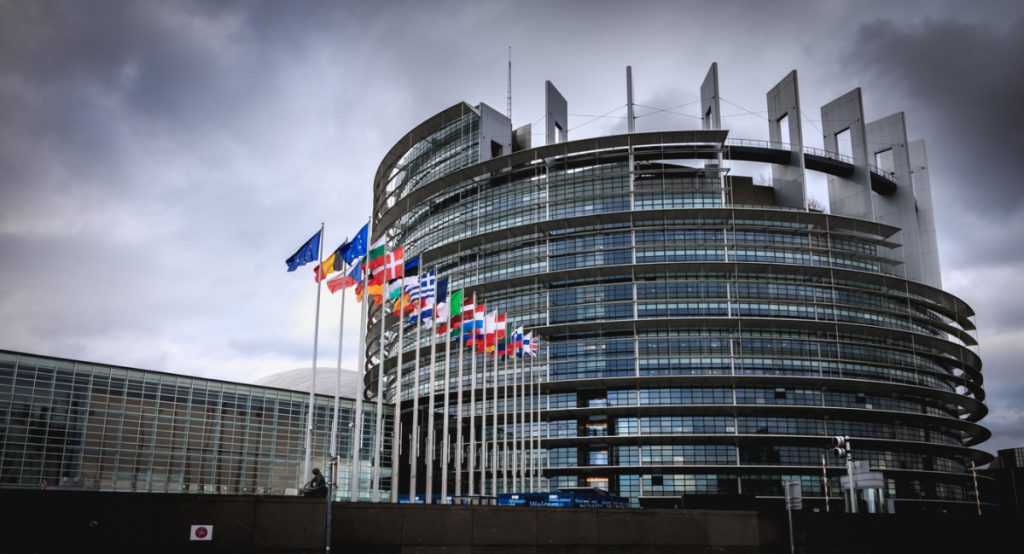The European Parliament has voted 529 in favour of a landmark cryptocurrency regulation – Markets in Crypto Assets (MiCA) – that could shape the global cryptocurrency market for the foreseeable future.
MiCA is the most comprehensive and broad cryptocurrency bills of its kind and was introduced to regulate the ‘crypto wild west’ to prevent money laundering and data provision loopholes it may bypass.
The vote took place 20 April and received an overwhelming majority vote in favour, with just 29 against and 14 absentees. The EU Parliament and Council cleared the bill in June 2022 to receive the green-light for the member vote, with the MiCA bill now cleared to come into effect in 2024.
The fundamental aim of MiCA is to ensure that crypto transactions do not violate any money laundering or other financial-related laws by tracing data. Every Crypto Asset Service Provider (CASP) in Europe will now have to report crypto transaction’s data and report any suspicious transaction dealings.
The new crypto law will only track data on transactions €1,000+ from crypto wallets when interacting with hosted wallets managed by a CASP. Person-to-Person transactions are not affected by MiCA or for CASPs acting on their own behalf.
EU Parliament also received 517 votes in favour for new rules to be added to the newly formed crypto bill, covering rules on supervision, consumer protection and environmental safeguards of cryptocurrencies, as well as market manipulation and financial crime.

“This puts the EU at the forefront of the token economy with 10 000 different crypto assets. Consumers will be protected against deception and fraud, and the sector that was damaged by the FTX collapse can regain trust,” said Stefan Berger, Lead MEP of MiCA.
“Consumers will have all the information they need and all underlying risks around crypto-assets will have to be monitored. We secured that the environmental impact disclosure will be taken into account by investors in crypto assets. This regulation brings a competitive advantage for the EU.
“The European crypto-asset industry has regulatory clarity that does not exist in countries like the US.”
Whilst the EU has been progressive in its attempts to regulate the crypto industry, the US is fairing a lot more differently, with its financial regulator, the Securities and Exchange Commission (SEC), taking what is perceived by exchanges as a hostile approach.
The UK, unlike the US, is making further steps in its ambition to regulate cryptocurrencies, with the country’s Head of Treasury, Andrew Griffith, believing a UK cryptocurrency bill could be launched within the next 12 months.
It remains to be seen whether the UK or the US view MiCA as a template for their own potential crypto legislation as it is hard to argue that the EU’s bill is the first and most dense cryptocurrency regulations to date.
Ernest Urtasun, Co-Rapporteur for the Economic and Monetary Affairs Committee on crypto-asset transfers, added: “Currently illicit flows in crypto-assets are moved swiftly across the world, with a high chance of never being detected.
“The Recast of the TFR will oblige crypto-asset service providers to detect and stop criminal crypto flows and also ensure that all categories of crypto companies are subject to the full set of anti-money laundering obligations.
“This will close a major loophole in our AML framework and implement in the EU the most ambitious travel rule legislation in the world so far, in full compliance with international standards.”























